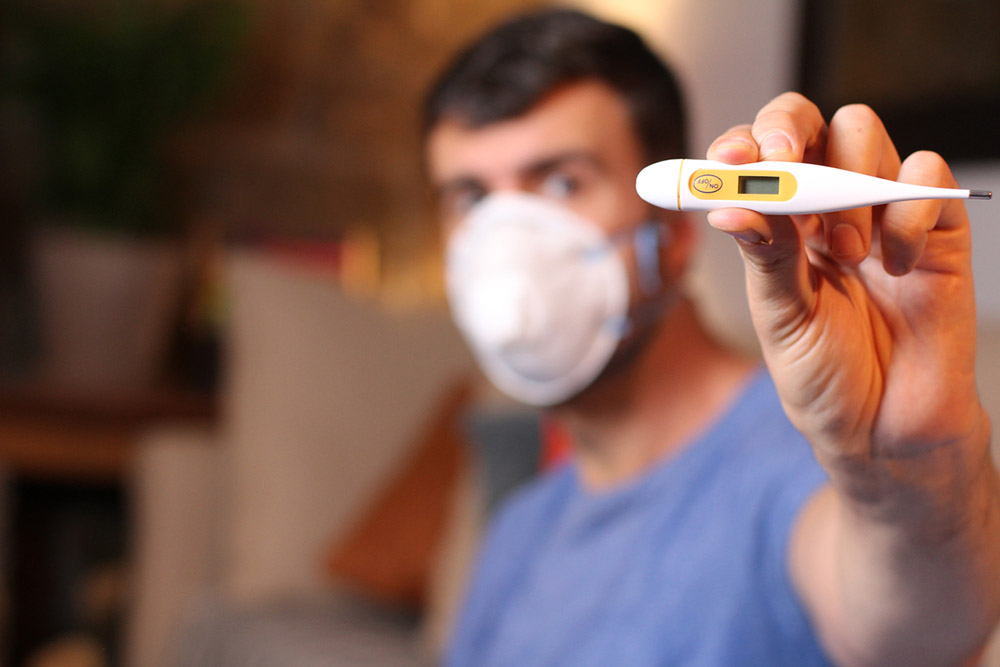
There are now over 170 different commercial tests available to purchase in the UK. Only a limited number are compliant with the required UK and EU regulations and have been approved by Public Health England (PHE) for use in the UK.
Questions remain around reliability of test results, which can be affected by factors such as timing, or how the sample is collected, how testing programmes should be coordinated and their role in supporting employers with their strategies to return employees to a more normal work environment.
Current UK Position
Current government and NHS guidelines indicate that all COVID-19 testing should be carried out using the central UK government process. This can include tests being completed at home, if using test kits supplied by an authorised body in the UK and analysed by a PHE laboratory.
The government has indicated it will soon extend the current testing programme to everyone in England (over the age of 5 years) who are experiencing symptoms, or who live with someone with symptoms. Other regions in the UK have already extended testing to the wider population and may adopt differing approaches as antibody testing is introduced.
The current testing programme is only looking at active disease and is not testing for antibodies, although this is planned as part of the future testing programme.
Types of Tests
There are two main tests for COVID-19 which check for active or past infection with the disease.
Testing for active infection
Using an oral/nasal swab or a saliva sample, these tests are completed by a healthcare professional or the individual and the sample is sent back to a laboratory for analysis. These tests are commonly referred to as polymerase chain reaction (PCR) tests.
This test is not looking for antibodies and will only provide accurate results if someone is infected with Coronavirus when the sample is taken. As it is hard to self-administer a swab test correctly, this can lead to false negative results when undertaken at home.
Testing for antibodies
Using a blood sample, which is normally a finger prick, these tests can be completed at home by the individual. Some provide ‘instant’ results and some need to be sent to a laboratory for analysis. These tests are referred to as serology tests.
Only tests which draw a sample of blood to be sent to a laboratory currently have a CE mark and approval by PHE. A potential issue with these tests is that they may indicate a recent infection, which may or may not have been caused by COVID-19. The test results should only be interpreted by a qualified healthcare professional.
It’s important to remember that a positive antibody test does not indicate immunity from COVID-19.
Approved Tests in the UK
PHE (Public Health England) have approved a limited number of tests for use in the UK. All of these carry a CE mark, which indicates that they meet the required Medical Devices Directive (MDD) requirements. Tests which do not carry this mark have not been approved.
No home testing kits using saliva/swabs to test for active infection have approval by PHE for use in the UK at this time. Some home testing kits using blood samples which are sent to a laboratory for analysis to check for antibodies do have PHE approval.
Contract Tracing
The third element to the UK government’s test, track and trace strategy focuses on tracking how and where the virus is spreading in the UK and tracing people who have become infected. NHSX, the NHS digital research division, has developed a smartphone app which is being piloted on the Isle of Wight. The app uses Bluetooth technology to alert other users of the presence of an infected person in their area.
It is not without flaws, for example, alerting people incorrectly of the proximity of an infected individual, and experts suggest over 60% of the population would need to use the app for it to be effective. The government/PHE have also recruited over 20,000 tracers to manually track and trace individuals identified as having been exposed to someone diagnosed with COVID-19.
In addition to the centralised government approach to track and trace, there are a number of private companies offering app based technology to support companies to manage their workforce and the return to work process as the restrictions ease. There may be regional variation to the approach on contact tracing within the UK, with Scotland, Wales and Northern Ireland making independant decisions on the process they will follow.
Key Points to
Take Away
-
UK government advice continues to be that tests should be carried out using the central government/PHE process.
-
Testing is now being extended in the UK to include everyone over the age of five.
-
Test kits need a CE mark to meet MDD criteria.
-
No home PCR (saliva) test kits are PHE approved.
-
Laboratory assessed home blood tests are PHE approved.
-
All tests need to be interpreted by a healthcare professional.
-
Positive antibody tests do not guarantee immunity from future infection.
-
Track and trace is unlikely to be effective unless undertaken manually.
More Information
- Current government guidance on COVID-19 testing in the UK: click HERE
- CE marks: click HERE
- MHRA approval of COVID-19 tests: click HERE
Thanks to Willis Towers Watson for their help in providing this information update.
